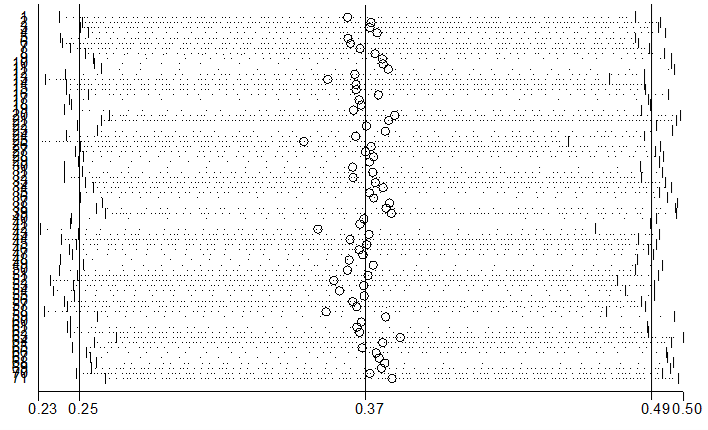Turning Play into Progress: Unveiling the Effect of Gamified VR on Learning Through Meta-Analysis
DOI:
https://doi.org/10.17083/9a0nx770Keywords:
virtual reality, gamification, education, meta-analysisAbstract
Numerous scholarly inquiries have explored the synergistic integration of Virtual Reality (VR) technology and education, highlighting VR’s transformative potential in pedagogical approaches. However, research on the combination of gamified VR and education remains relatively underexplored, with the role of gamification in this field being neglected. Utilizing a meta-analytical approach, this study delved into the multifaceted impact of gamified VR on various dimensions. Researchers included 22 studies in this meta-analysis and found that compared to control group gamified VR significantly enhanced immersion, motivation, learning performance, quality of students’ learning experience, and overall learning outcomes, but did not significantly reduce cognitive load or improve confidence and self-efficacy. Future gamified VR activities should align game design with learning objectives, streamline interfaces, break tasks into manageable segments, provide immediate instructions and clear scaffolding, and balance challenges with skill levels to minimize learners’ cognitive load and enhance learning effectiveness.

Downloads
Published
Issue
Section
License
Copyright (c) 2025 Yongxiang Zhang, Zhonggen Yu

This work is licensed under a Creative Commons Attribution-NonCommercial-NoDerivatives 4.0 International License.
IJSG copyright information is provided here.